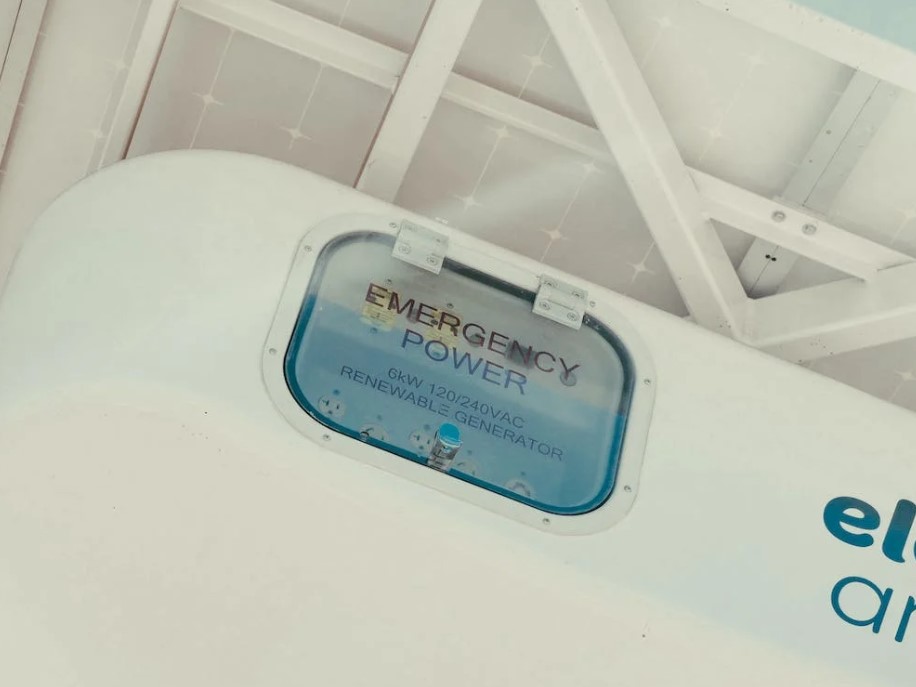
Navigating the energy landscape can be challenging for businesses seeking to balance cost efficiency with sustainability. Yet, among various energy storage systems, such as electric batteries, pumped hydroelectric storage, and compressed air energy storage, one technology has been underappreciated: heat batteries or thermal energy storage systems. This innovative solution could be the key to unlocking significant energy savings and sustainability benefits for your business.
Unpacking The Benefits of Heat Batteries
Thermal energy storage systems, often called heat batteries, are designed to capture and store thermal energy, releasing it precisely when needed. They function by storing heat in a substance, which could be liquid or solid, and their effective use can dramatically optimise energy consumption and cost.
Heat batteries offer many benefits, from promoting energy efficiency to reducing reliance on grid electricity, particularly during peak demand times. In addition, they can support the integration of renewable energy sources into your business operations, harnessing excess energy produced and releasing it when needed.
Exploring The Types Of Heat Batteries
Let's delve deeper into the types of heat batteries: sensible heat storage, latent heat storage, and thermochemical heat storage.
-
Sensible heat storage systems utilise a medium, such as water or rocks, that undergoes a temperature change to store heat. Think of a hot water tank, an everyday item that is an excellent example of this technology. Such low-cost systems have been widely used for years, demonstrating their reliability.
-
Latent heat storage uses a material that transitions from one phase to another (solid to liquid or liquid to gas), like paraffin. At the onset of heating, the material behaves similarly to a sensible heat storage system. However, once it reaches its transition temperature, it absorbs additional heat while changing state, resulting in a higher energy density storage.
-
Thermochemical heat storage is a relatively new type of storage that uses reversible chemical reactions, often involving salts, to store and release heat. Salts can absorb and release substantial amounts of heat during hydration and dehydration, effectively functioning as heat batteries. This method offers even higher energy density storage and can achieve high efficiency with minimal loss over time.
The Practical Implications Of Heat Batteries
Heat batteries demonstrate their value across a range of applications. They are excellent for regulating temperature in commercial buildings, both for heating and cooling, and can also be integral to industrial processes requiring heat.
Heat batteries can significantly reduce a building or process's overall energy consumption by storing excess heat energy when there is low demand and releasing it when required. This means potentially lower operational costs and a smaller carbon footprint for businesses, aligning with environmental sustainability goals.
Why Businesses Should Consider Heat Batteries
Incorporating heat batteries into your energy strategy can deliver substantial advantages, such as improving your bottom line through energy cost savings. You'll also demonstrate your commitment to sustainable practices, an increasingly important factor to customers, investors, and employees.
Heat batteries offer an innovative solution to the energy challenges faced by businesses. Incorporating thermal energy storage into your operations could be a significant step towards achieving energy efficiency, reducing costs, and contributing to a greener tomorrow.
Discover more about the benefits of an Energy Storage System for your business. Don't overlook the potential of heat batteries - explore the possibilities today.
Image Source: Pexels




